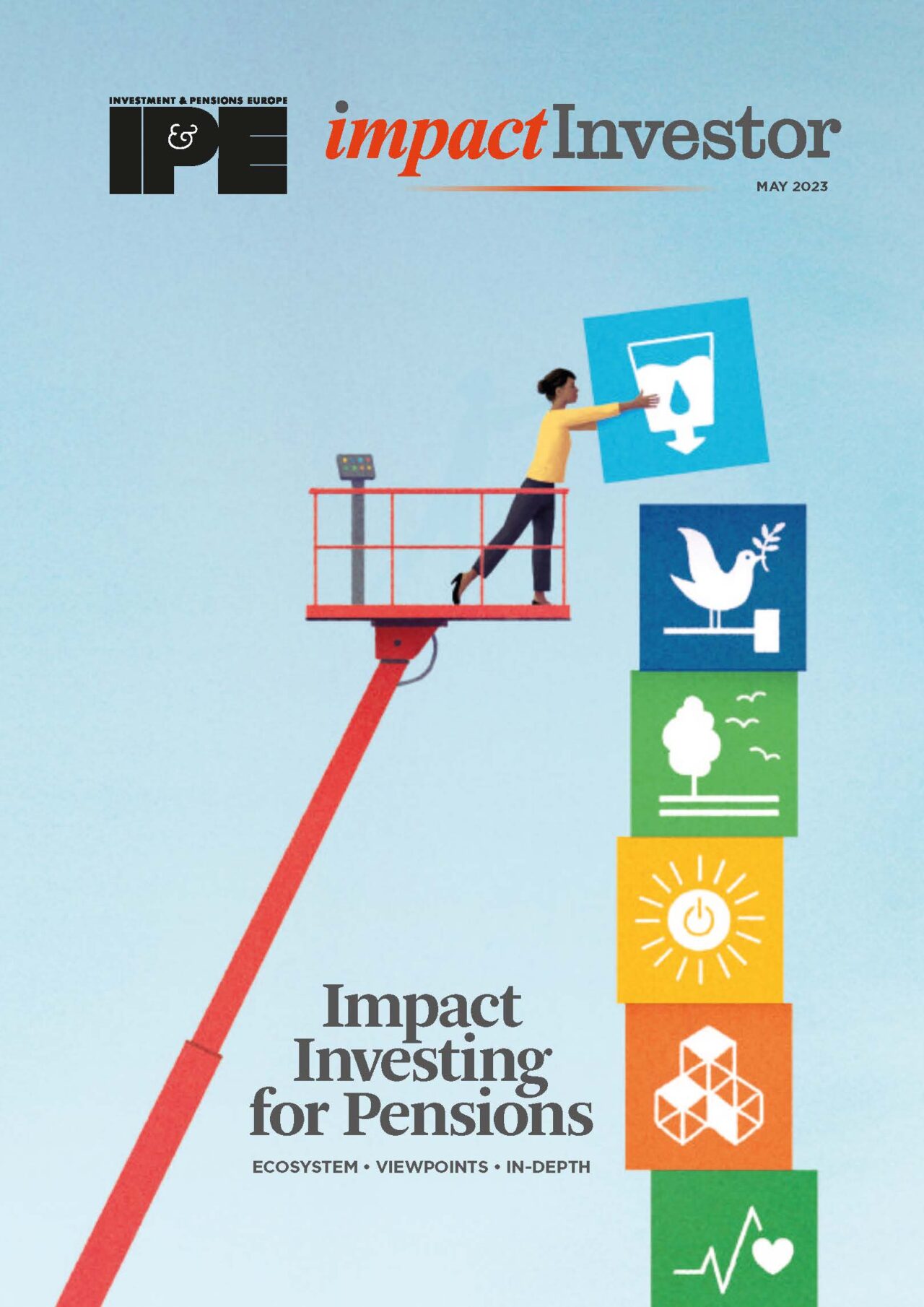Sir Ronald Cohen, the world-renowned venture capitalist, philanthropist and driving force behind the impact investing movement, explains why he believes impact-weighted accounting is key to a more sustainable capitalism.

Over the past year, much has been written about ESG and why – in the eyes of many – it’s the wrong system for aligning investment with the pressing need for increased sustainability. Its eventual success will depend upon the achievement of full impact transparency.
This is a process that is well underway with key stakeholders like the SEC, the EU, and the ISSB working in parallel to require companies to disclose more than their profits and losses. The question of when global impact transparency will arrive is no longer one of ‘if’ but of ‘how soon’ we get to impact-weighted accounting.
In today’s global and interconnected economy, where many companies operate across continents, the new impact accounting system must be globally applicable. It must allow impacts to be compared in a standardised manner between companies on opposite ends of the planet.
These impacts will include social considerations – like the extent to which minority groups appear on an organisation’s payroll. As well as environmental concerns – such as how much pollution an airline has created through its operations and how that will ultimately affect the profitability of that company. These are two of the four considerations that impact-weighted accounting quantifies, the others being operating impact and supply chain impact.
Impact-weighted accounting provides both incentives and disincentives. An impact accounting system that includes externalities provides a positive incentive through peer pressure to encourage the efforts of companies and investors to improve their impact performance. Other incentives can be delivered through impact tax credits – allowing positive performers to lower their tax burden and so improve their profitability – or through taxes such as a carbon tax or a sugar tax, as well as through regulation.
In this way, impact-weighted accounting can help steer our system of capitalism towards a more sustainable direction. The financial accounts of listed companies are published publicly. This will enable anybody – from shareholders to employees to curious journalists wishing to hold companies to account – to scrutinise them. Talent these days wishes to align itself with sustainable companies. The publication of monetised impact data will therefore bring far-reaching change to the key aspects of a company’s operations.
The question of when global impact transparency will arrive is no longer one of ‘if’ but of ‘how soon’ we get to impact- weighted accounting.
Sir Ronald Cohen
Why impact weighted accounting needs to be adopted now
If the above sounds like a massive and complicated undertaking, that’s because it is. But it’s not as big a step as the introduction of GAAP accounting in the 1930s. Current accounting practices have remained unchanged for decades while our environment and societies have undergone huge changes. Although we see companies publish self-scrutinised ESG statements, investors require much more granular information. Impact accounts will also need to be audited to the same rigorous standards as financial disclosures.
Under our current financial framework, airlines can create more pollution than they generate profit and manufacturers of sugar-laden junk food products can quietly contribute enormously to the incidence of diabetes and other lifestyle diseases, placing enormous burdens on health services and costing taxpayers hundreds of millions of dollars annually. Impact-weighted accounting changes that.
Impact-weighted accounting brings externalities into accounting – allowing for calculations of value to consider both financial line items, as is traditional, and new impact statements which will translate impacts created into monetary terms. Financial and impact accounting together will offer the fair reflection of value to share-holders, society, and the environment which our age requires.
How will we get from A to B?
The Impact-Weighted Accounts Initiative (IWAI), at Harvard Business School, has already published methodologies and thousands of data points showing how impact monetisation can be applied in the real world. Importantly, its work has already shown a positive correlation between impact and stock market value, indicating that markets are already rewarding companies for better impact performance.
This January, the IWAI passed the baton of impact monetisation to the newly-created International Foundation for Valuing Impacts (IFVI). The IFVI’s experts are already working on making the case for recommending a specific social cost of carbon as well as a means of quantifying the social cost of diversity – the first steps in the biggest advance in accounting since the introduction of GAAP and auditing.
Sir Ronald Cohen is president of the Global Steering Group for Impact Investment (GSG) and chair of the International Foundation for Valuing Impacts (IFVI). He is the author of ‘Impact: Reshaping Capitalism to Drive Real Change’ which has been translated into 11 languages.
This article is part of the editorial content of the Impact Investing for Pensions report. You can download a digital copy of the report here.







